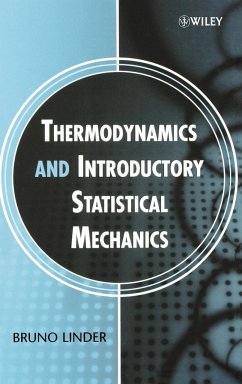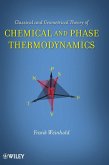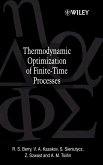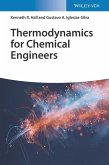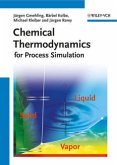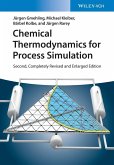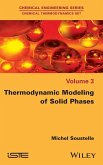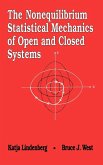BRUNO LINDER is Professor Emeritus of Chemistry at Florida State University. Founder of the Southeastern Theoretical Chemistry Association, he was formerly a John Simon Guggenheim Fellow at the Theoretical Physics Institute of the University of Amsterdam.
In this clear and concise introduction to thermodynamics and statistical mechanics the reader, who will have some previous exposure to thermodynamics, will be guided through each of the two disciplines separately initially to provide an in-depth understanding of the area and thereafter the connection between the two is presented and discussed.
In addition, mathematical techniques are introduced at appropriate times, highlighting such use as: exact and inexact differentials, partial derivatives, Caratheodory's theorem, Legendre transformation, and combinatory analysis.
_ Emphasis is placed equally on fundamentals and applications
_ Several problems are included
In this clear and concise introduction to thermodynamics and statistical mechanics the reader, who will have some previous exposure to thermodynamics, will be guided through each of the two disciplines separately initially to provide an in-depth understanding of the area and thereafter the connection between the two is presented and discussed.
In addition, mathematical techniques are introduced at appropriate times, highlighting such use as: exact and inexact differentials, partial derivatives, Caratheodory's theorem, Legendre transformation, and combinatory analysis.
_ Emphasis is placed equally on fundamentals and applications
_ Several problems are included

